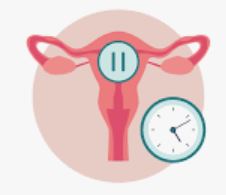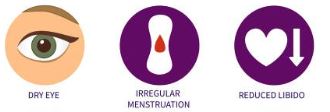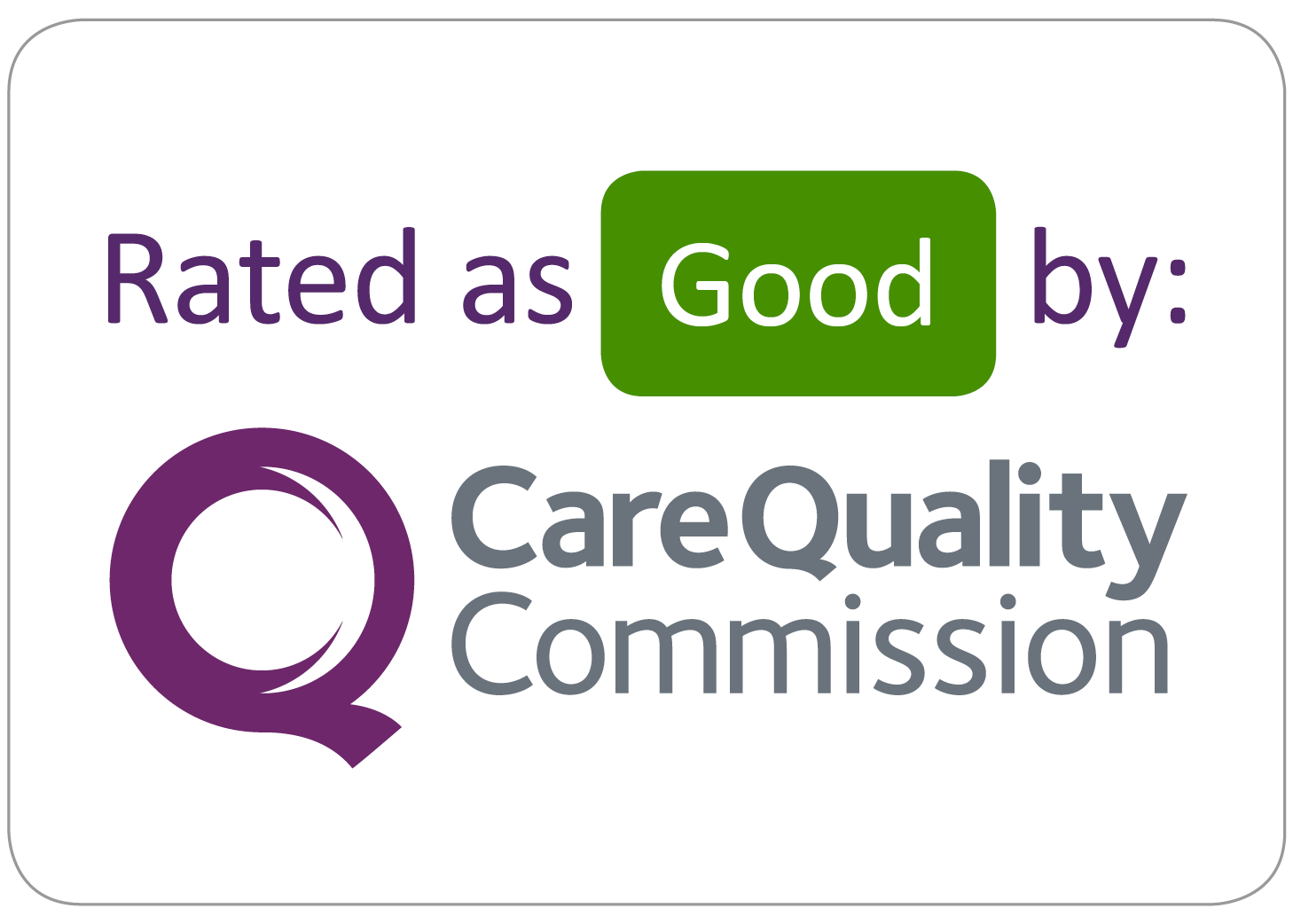Cancer and Menopause

Menopause is when your periods stop due to lower hormone levels. It usually affects women between the ages of 45 and 55, but it can happen earlier. Menopause can happen naturally, or different cancer treatments for example, chemotherapy, surgery to remove both ovaries, radiotherapy to the pelvis or hormone therapy can cause an early menopause. Some women have already been through the menopause. But their treatment can cause symptoms similar to the menopause.
Hormonal treatments for breast cancer may also cause menopausal symptoms or a temporary menopause.
Your clincal team overseeing your care and treatment can explain if the treatment you are having is likely to cause an early menopause.
What are the symptoms of menopause?
The symptoms can vary from mild to more severe. For some women, they last for many years.
Early menopause due to cancer treatment can be a shock. It can feel physically and emotionally overwhelming. It can cause difficult symptoms as well as affect your sex life and sexuality.
A sudden menopause (due to treatment) can cause more severe symptoms than a natural menopause. The symptoms can last a number of years and they can change with time.
Common symptoms of menopause can be any of the following:
- weight gain
- mood swings
- poor concentration
- hot flushes and sweats
- vaginal dryness
- loss of interest in sex
- difficulty sleeping
- dry skin
- aches and pains
- needing to pass urine (pee) more often
- loss of confidence



Fertility and menopause
A permanent menopause means that you will not be able to have children (infertility). Infertility can be very difficult to deal with, especially if you wanted to get pregnant. It can be particularly hard when you are already coping with cancer.
Your fertility might also be affected and you may no longer be able to have children naturally. Some women who have experienced an early menopause can still get pregnant. So you may still need to use contraception. This loss of fertility can be upsetting even if you have a family or did not intend to have children. It may be helpful to talk about your feelings with a partner, if you have one, family and friends, or your specialist nurse or cancer doctor. If you feel you need more help, ask about being referred to a counsellor.
Hormone replacement treatment (HRT) and Cancer
Depending on the type of cancer you have, you may be able to take Hormone replacement therapy (HRT). They replace the hormones that your body used to produce naturally. They contain oestrogen, progesterone and, or testosterone.
HRT can help to relieve symptoms of the menopause and many women who have had cancer can take HRT. But if you have a hormone-related cancer, such as breast cancer, doctors do not usually recommend HRT. It contains oestrogen which may increase the risk of the cancer coming back.
In other cancers when treatment causes an early menopause your doctor may prescribe HRT. It can improve menopausal symptoms and help protect your bones and heart. Ask your clinical team if HRT is suitable for you. HRT has benefits and risks so it is important to talk with your doctor before taking it.
You can take HRT as:
- a tablet
- skin patches
- a gel to rub into the skin
- an implant.
If your cancer team does not recommend HRT for you or you do not want to take it, there are other ways to manage menopause symptoms.
Managing menopausal symptoms
Sometimes, just knowing what to expect and how to manage specific menopausal symptoms can really help.
There are different ways to manage menopausal symptoms, including:
- eating a healthy, balanced diet and exercising regularly – maintaining a healthy weight and building more exercise into your daily routine can improve some menopausal symptoms
- cognitive behavioural therapy (CBT) – a type of talking therapy that can help with low mood and anxiety
- hormone replacement therapy (HRT) – tablets, skin patches, gels and implants that relieve menopausal symptoms by replacing oestrogen
- vaginal cream, tablet, pessary, gel or ring, lubricants or moisturisers for vaginal dryness
Pelvic floor exercises can help with bladder problems such as sudden strong urges to pee or problems with leaking urine when coughing, sneezing, laughing or lifting which can become more common after menopause.
Additional information
These links provide additional information which you may find useful, please click on any of the links below to access this information.
Macmillan Cancer and Fertility
Menopause and cancer | Maggie's (maggies.org)
Home - Menopause and Cancer with Dani Binnington
Guide to Induced Menopause or Surgical Menopause - Stella (onstella.com)

















